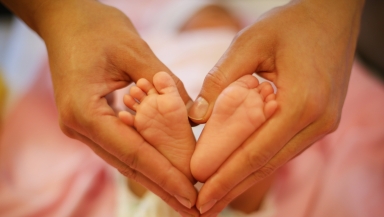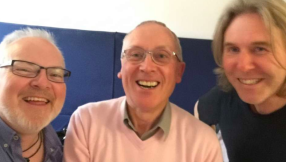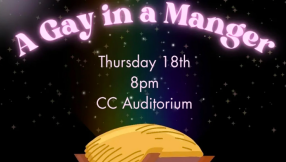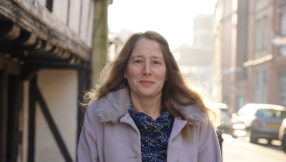
A Louisiana woman is raising awareness for hypoplastic left heart syndrome (HLHS) after her son, Aiden, was born with the condition.
HLHS causes the left ventricle, mitral valve and aortic valve to improperly develop, causing the left side of the heart to stop growing.
Aiden was diagnosed at 20 weeks gestation via ultrasound, and physicians told Jenny Rodgers that her son had an 85 per cent chance of survival.
"When you're talking about your baby, 85 per cent is a pretty bad number," she told FoxNews.com.
"We're lucky because a lot of these go undiagnosed. A lot of these babies, mums take them home and at two days old they start having issues, start turning blue, have difficulty feeding or go into cardiac arrest."
In healthy people, the left side of the heart pumps oxygenated blood through the body. For people with HLHS, the right side of the heart must perform this function, which is easier in utero.
"In the fetus, the right side of the heart does a little more work than the left, so these babies thrive in utero and do well," said Dr Nancy Ayres, medical director of Non-Invasive Imaging and director of the Fetal Cardiology programme at Texas Children's Hospital.
Because Aiden was diagnosed early, his chances of survival outside the womb increased significantly.
"The best outcome for delivery of a baby [with HLHS] would be at a major medical centre that can actually take care and are available for emergency procedures after the baby goes from in utero to normal structures," Ayres explained. "Those are the life connections for a baby with [HLHS]."
Aiden was born on May 19, and had surgery when he was four days old to reconstruct his aorta, open his atrial septum, and insert a shunt in his pulmonary artery. He had a second surgery in September, and will have a third operation to connect the inferior vena cava directly to the lung vessels when he is between two and three years old.
Rodgers hoped that public awareness of HLHS will lead to more research into the condition.
"These kids with heart defects, it's not always genetic [and] can happen as a fluke," she said. "I want everybody to know it's out there and to fight for these kids."













